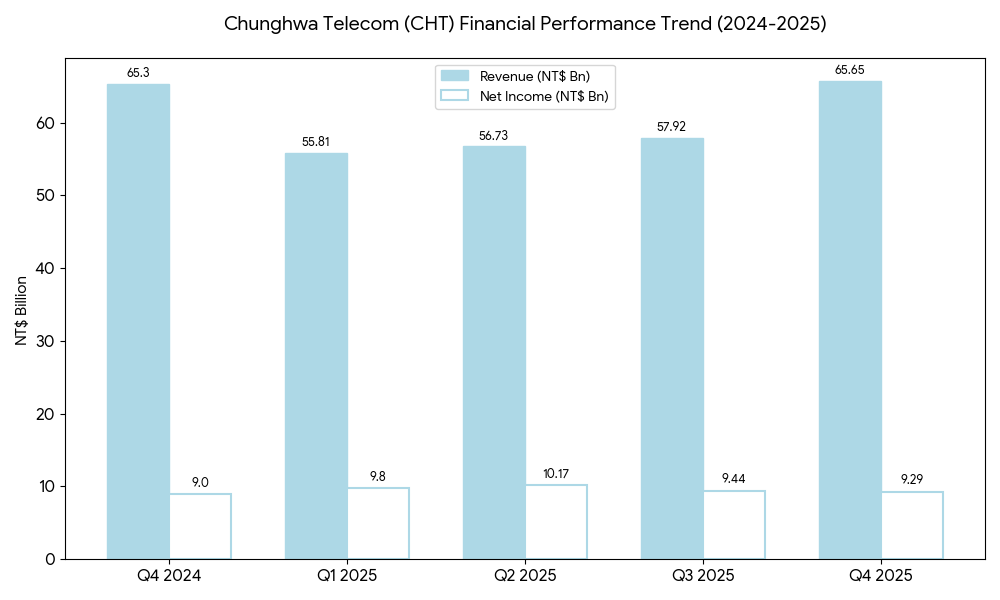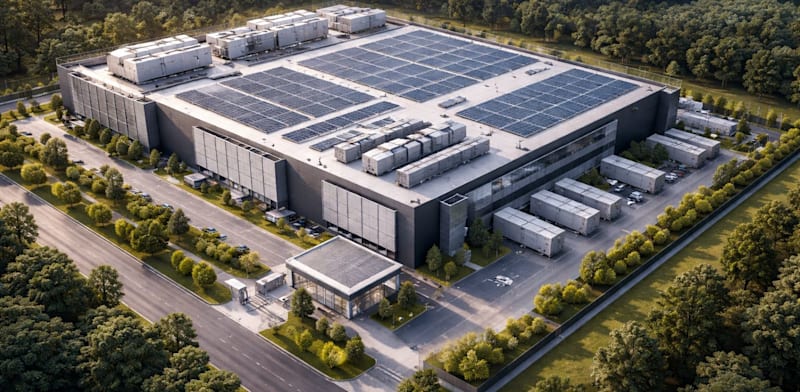If you’ve ever watched or played water polo, you know that matches involve two drastically different battles.
Above the surface, there is fluid motion and effortless passing.
But below the surface, there’s grabbing and kicking and constant positioning for control.
That’s also happening with the global race to reach artificial superintelligence (ASI) first.
Because ASI won’t be achieved by algorithms alone — that’s just the battle going on above the surface.
You also need infrastructure, including advanced data centers, high-efficiency chips and a lot of specialized hardware.
And you can’t build any of this without a small group of minerals with names most people have never heard of… or even pronounce.
Neodymium… dysprosium… terbium… samarium.
They’re called rare earth elements. And they’re becoming a big problem for the U.S.
Because we might currently lead the race to ASI, but China dominates nearly every step of the rare earth supply chain.
That’s the battle unfolding under the surface today…
A cold war being waged over the rare earth elements that power AI.
The Chinese Choke Point
Without rare earth elements, modern AI hardware would grind to a halt.
They’re what allow high-efficiency motors to spin. They make advanced sensors work.
And perhaps most importantly, they’re what goes into the permanent magnets used in everything from missile guidance systems to the cooling fans in AI accelerator racks.
Over 70% of global rare earth mining happens in China.
But China’s real leverage is in processing, where the country controls as much as 90% of global refining capacity.
Distribution of rare earths production worldwide as of 2024, by country
Source: statista.com
It’s a strategic vulnerability for the U.S. — and we’re not blameless for the predicament we find ourselves in today.
After all, China didn’t become dominant in rare earths by accident.
This has been a 30-year strategy…
One that involved massive subsidies, tightly controlled domestic demand and environmental sacrifices few democracies would accept.
According to the Information Technology and Innovation Foundation, thanks in large part to its vertical integration of industrial supply chains, China now leads in 7 out of 10 advanced industries globally.
China’s global market shares in advanced industries

Source: Information Technology and Innovation Foundation
Which means China’s rare earth advantage impacts much more than AI.
It gives them an advantage in developing robotics.
Quantum computing.
Advanced defense systems.
All the things that will define economic and military power in the 21st century.
And China is using this advantage as a geopolitical bargaining chip.
Like when Beijing imposed new licensing restrictions on rare earth exports in response to Trump’s proposed tariffs.
Specifically, China blocked shipments of heavy rare earths like samarium, which is essential for missile guidance systems and the radar units inside fighter jets like the F‑35.
Each F‑35 contains about 920 pounds of rare earth materials.
Without them, building or repairing these jets becomes a lot more difficult.
Back in June, President Trump’s trade team tried to get ahead of these restrictions by negotiating a limited truce with China over critical tech exports.
The U.S. agreed to ease certain export restrictions on advanced chip design software and select petrochemicals like ethane during these negotiations.
In return, China committed to resuming some rare earth exports…
But only for civilian use, and only under six-month licenses.
That left America’s defense and AI industries dangerously exposed.
While commercial magnet users were able to source limited quantities, many were forced to pay a premium of up to 30% for non-Chinese supply.
And military-grade materials, especially the high-purity samarium magnets used in precision weapons systems, remained off-limits.
So what’s the U.S. doing about it?
After all, we have deposits in places like Mountain Pass, California and Round Top, Texas.
But even if we mined them completely, it still wouldn’t cover our needs.
And refining them? That’s another story entirely.
MP Materials, the United States’ largest domestic producer, still sends its output to China for final processing.
That’s like drilling for oil in Texas, then shipping it overseas to be refined into gasoline.
The Pentagon is trying to fix this. It’s funding magnet manufacturing plants in Oklahoma and pushing for rare earth refineries in Louisiana and Nebraska.
Congress has also proposed tax credits to boost domestic magnet production.
But most of these projects won’t come online until 2026 or later.
By then, China could have even tighter control over the market. It’s already investing heavily in its own AI infrastructure, including a $50 billion expansion of its “Big Fund” to bolster its domestic semiconductor ecosystem.
And that’s another element of this tech cold war that the mainstream media has overlooked.
You hear about the U.S. trying to uncouple from Chinese materials.
But you rarely hear about the fact that China is also actively working to replace the last few pieces of Western technology it still relies on.
China wants to own everything from mining and refining to chip design and AI training. That way it can operate with total independence from U.S. or European suppliers.
It’s the logical next move in this tech cold war. And it’s why supply chains now matter as much as semiconductors.
Here’s My Take
Last week was another reminder of how fragile our place is in this high-stakes global supply chain.
On July 3, the Trump administration agreed to lift U.S. restrictions on chip-design software and ethane exports, largely due to China’s rare earths embargo.
In return, Beijing promised to extend six-month export licenses for civilian materials.
But military-grade elements like samarium? They’re still off the table.
It shows you that when it comes to rare earth minerals, China has all the leverage.
Sure, the U.S. leads in foundational AI research. We have better chips, stronger alliances and our government is clearly aware of the risks we face here.
But if we want to win the race to ASI, we have to build an industrial base that matches our ambition.
Otherwise, we might crack the ASI algorithm, but China will own the machines that run it.
Regards,
 Ian KingChief Strategist, Banyan Hill Publishing
Ian KingChief Strategist, Banyan Hill Publishing
Editor’s Note: We’d love to hear from you!
If you want to share your thoughts or suggestions about the Daily Disruptor, or if there are any specific topics you’d like us to cover, just send an email to [email protected].
Don’t worry, we won’t reveal your full name in the event we publish a response. So feel free to comment away!


























